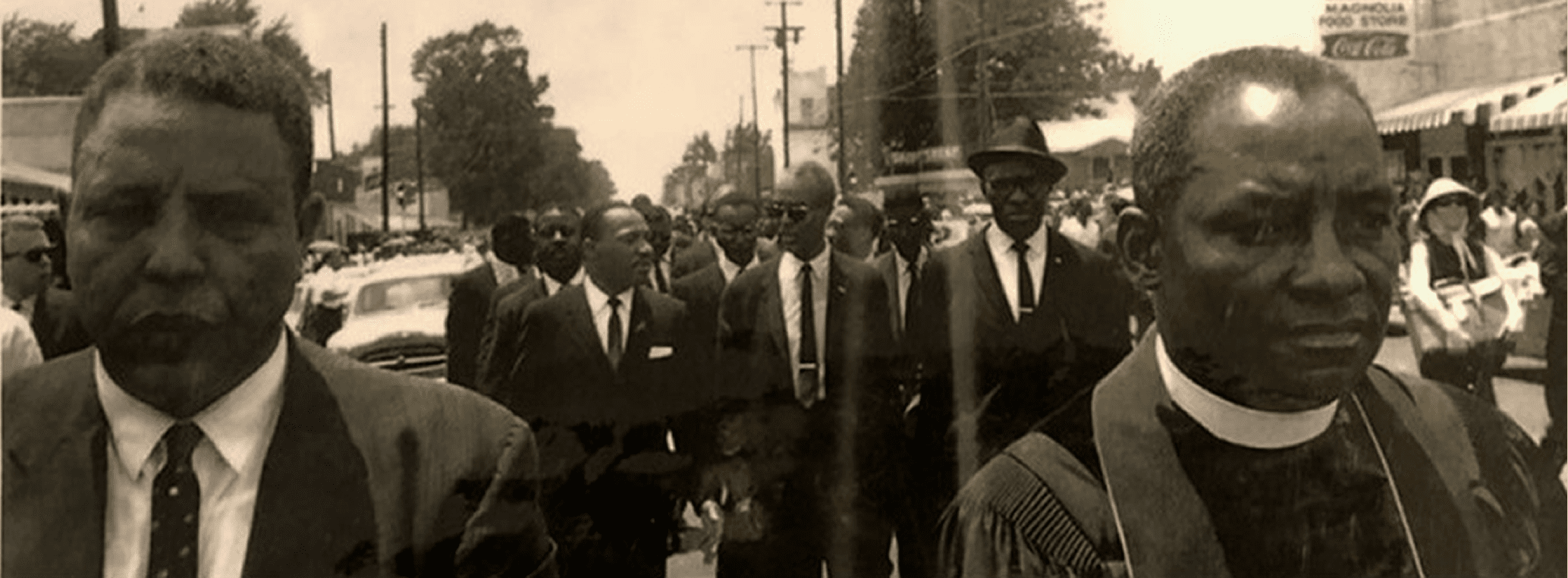Mt. Olive Cemetery
HISTORY
Mt. Olive Cemetery, established in the early 1800s, is one of the oldest private cemeteries for African Americans in the state of Mississippi. The cemetery represents four distinct eras in history: slavery, reconstruction, Jim Crow, and the Civil Rights Movement. This cemetery depicts a point of beginning for this community and served as a final resting place for prominent African Americans, as well as ordinary citizens and remains an intact and visible landmark for the community. Based on the work of Jackson State University’s Center for University-Based Development, Mt. Olive Cemetery was listed on the National Register of Historic Places in June 2017 and the designation denotes the worthiness of its preservation.
According to Mr. Robert Walker, local historian and History Professor at Jackson State University, “There is a possibility that the cemetery was part of an old plantation graveyard because when the campus of Jackson College was moved to its present site in 1903, the first building occupied was an old farmhouse that had been built in 1880. The entire area may have been a large plantation (Walker, 2000).” This historical fact would explain why there are graves that appear before the land purchase in 1891. Therefore, it is probable that Mt. Olive was a plantation graveyard before the Jackson Cemetery Association purchased the site. In addition, the street on the west side of Mt. Olive cemetery was originally named Masters Street (Thomason and Associates, 1997).
Evidence of the recorded burials of freed people buried in the cemetery include the tombstones of Susana Brown (December 25, 1812- September 7, 1904) and Primus Eubank (1814-April 10, 1892), both born before Mississippi acquired statehood in 1817 (Walker, 1974). Of particular note are the statues marking the graves of Ida Revels Redmond and James (Jim) Hill. As the only statues in the cemetery and some of the first African American states built in our state, it reflects the important contributions of these individuals.
Mt. Olive Cemetery suffers from years of deferred maintenance, many of the markers and mausoleums are deteriorated or missing. Despite its current state, Mt. Olive is one of the most intact historic properties associated with the growth and development of the African American community and business district surrounding John R. Lynch Street in Jackson, Mississippi. JSU wants to continue to restore the cemetery and showcase the historic site through preservation and beautification efforts. Collectively we can create a cemetery that is beautiful and inviting for people to visit and learn about the pioneers that paved the way for a greater Mississippi.

